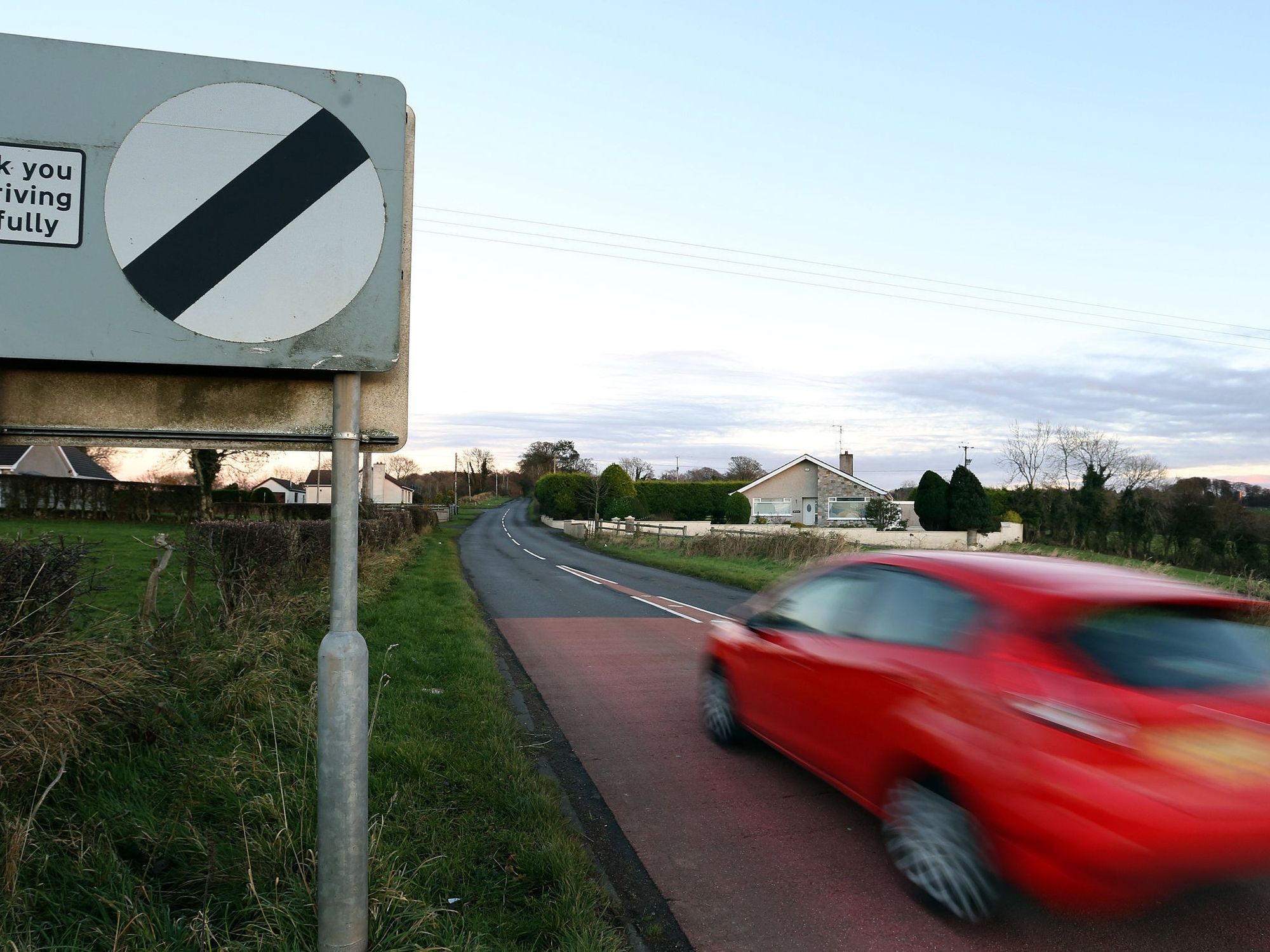Motorists' fury as rollout of new car technology impacts driving standards for thousands across UK roads
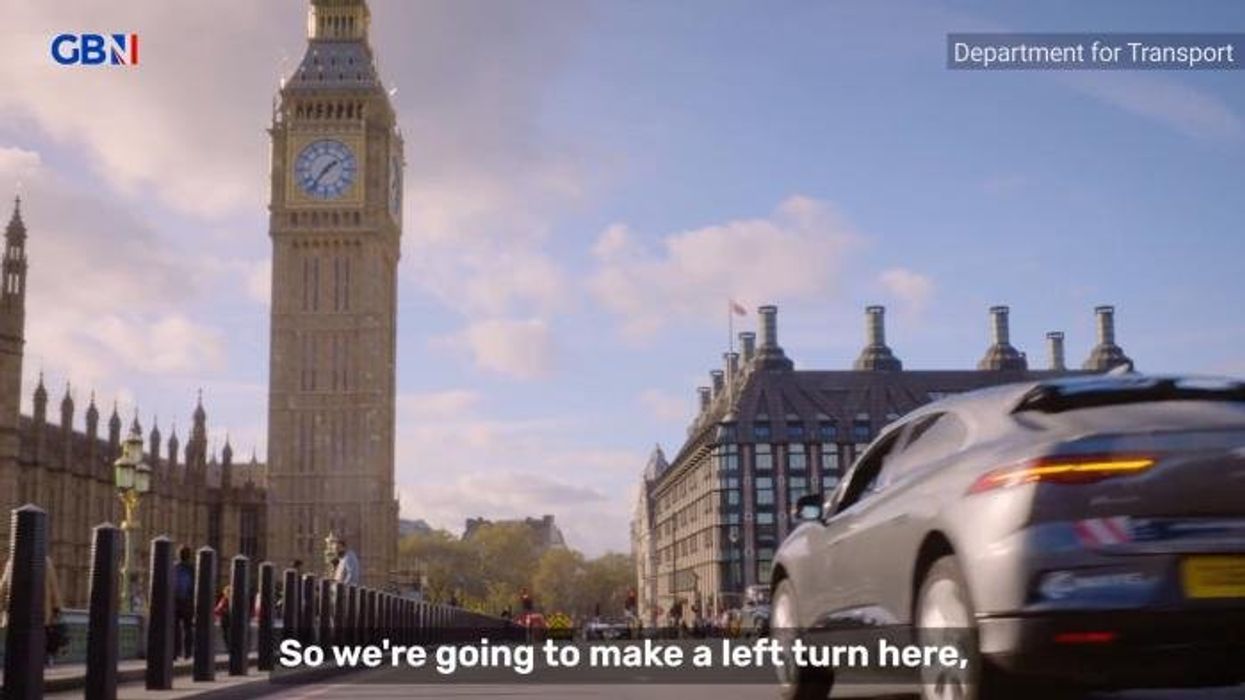
WATCH: Former Transport Secretary Mark Harper takes a ride in a self-driving vehicle
|DEPARTMENT FOR TRANSPORT

Younger drivers have become more reliant on driving technology to travel on UK roads
Don't Miss
Most Read
The use of more in-car technology has been found to impact driving across the UK, with motorists warning that this has caused more problems than benefits.
It comes after a report found that two out of five drivers believe driver assistance technology has contributed to a decline in overall driving standards.
But more interestingly, older motorists were recorded as being less impacted by technological changes than younger drivers.
Recent research revealed that 36 per cent of older drivers aged over 65 believed that technology had worsened their driving, compared with 51 per cent of those aged 25 to 34, which suggests that younger drivers may be more dependent on automated features.
TRENDING
Stories
Videos
Your Say
Despite these concerns, the majority of respondents acknowledged that in-car technology can improve driver confidence and comfort.
Built-in sat navs and parking sensors were identified as the most reassuring features, with 13 per cent of drivers admitting they would not feel confident driving a car without a built-in sat nav, and 11 per cent saying the same about parking sensors.
Meanwhile, fewer than half of drivers said they felt "very confident" driving without parking sensors (49 per cent), parking cameras (55 per cent), or blind spot monitoring (53 per cent).
Less than half (44 per cent) said they were "very confident" driving without a built-in sat nav or direction app.
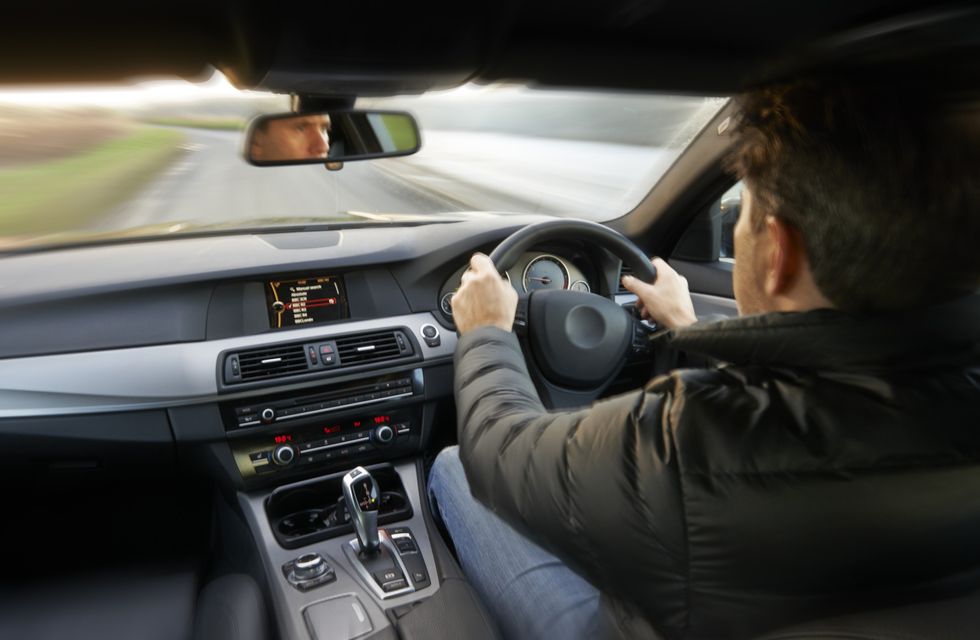
Two out of five drivers believe driver assistance technology has impacted driving standards
| GETTYBut around one third of drivers said they were not confident driving without features such as cruise control (29 per cent), speed limiters (33 per cent), or lane keeping assist (34 per cent).
Emma Bush, managing director of the AA Driving School, said: "Technology is becoming more and more central to all aspects of our lives.
"Driving is no different, whether that's a learner following a sat nav on their driving test, a trainee instructor studying with virtual reality training, or a qualified driver relying on parking sensors to squeeze into a space."
"Understanding how to make the most of the technology available, and feeling confident with it, is an important part of learning to drive," she added.
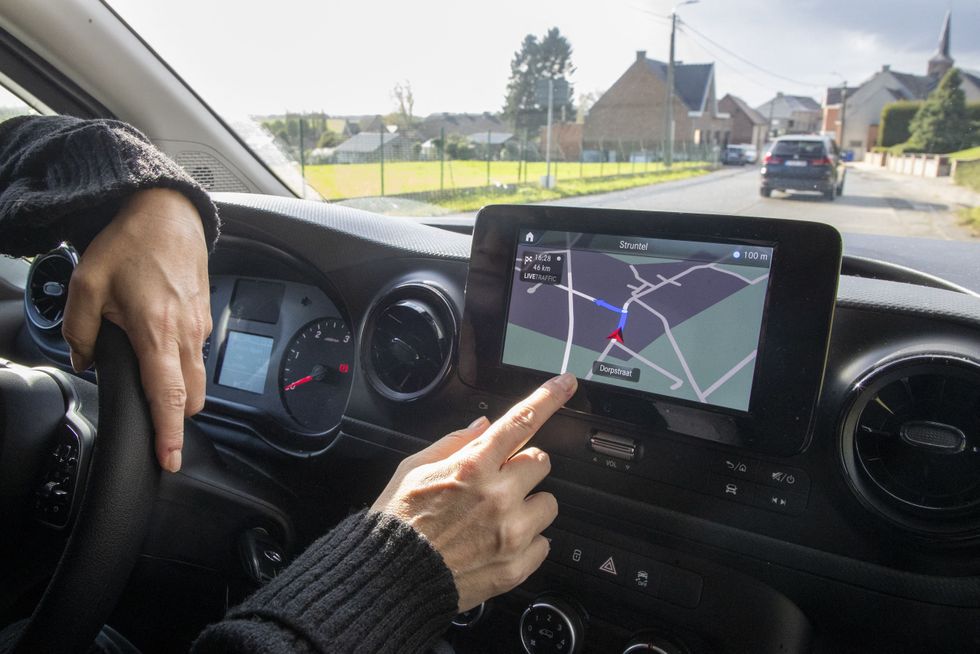
Younger drivers were found to be more confident using sat navs in vehicles
| GETTYLATEST DEVELOPMENTS:
She explained that the goal is to ensure all drivers, "including learners and instructors, have the confidence to use technology to improve their driving experience".
The AA Driving School survey also highlighted a growing public appetite for vehicle technology. Google searches for "parking sensors fitting" were up 14 per cent this quarter, while "cruise control fitting" searches rose 67 per cent.
Searches for "lane keeping assistant" increased 136 per cent year-on-year and 24 per cent in the last quarter, with "cruise control" searches also up 23 per cent.
As well as shaping drivers' behaviour, technology was found to be influencing how new instructors are trained. The AA Driving School, for instance, has utilised virtual reality technology for the past five years to train its driving instructors.
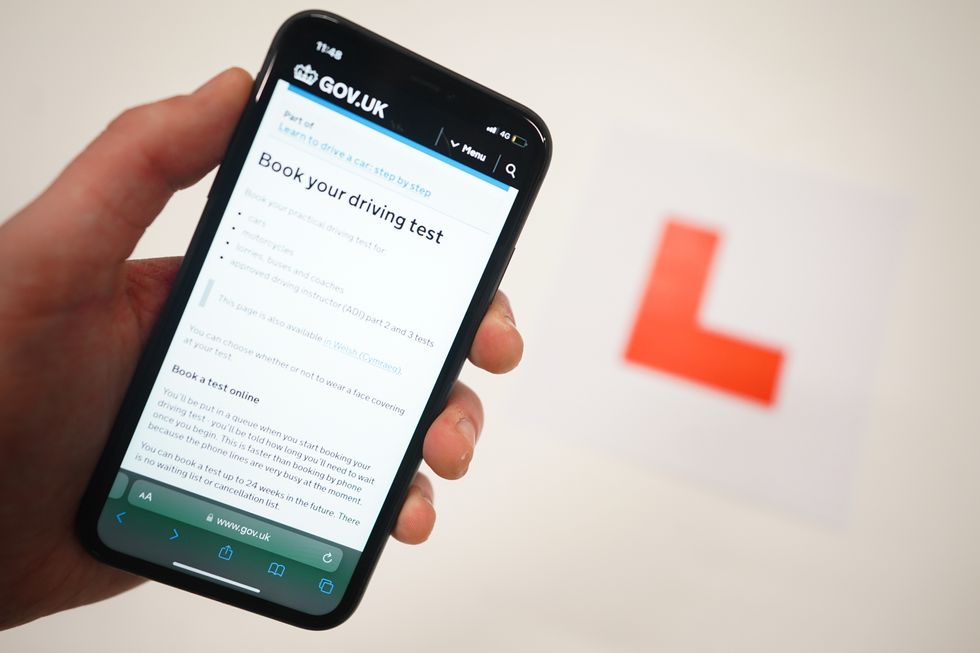
Driving tests have been updated to include more technological requirements, such as using a sat nav
| PAThe training approach allows instructors to become more comfortable with vehicle technology and complete their qualifications more quickly than through traditional methods.
The evolution of the UK driving test also reflects how modern technology has changed the way people learn to drive. October also marks 15 years since "independent driving" was introduced to the test, initially requiring learners to follow road signs or verbal directions.
In 2017, the section was updated to include the following sat nav instructions, underscoring the need for learners to safely use in-car technology.
Ms Bush said these developments demonstrate the importance of balancing skill and technology: "Technology plays a vital role in helping drivers feel more confident and capable. It's not about replacing skill but enhancing it," she stated..










